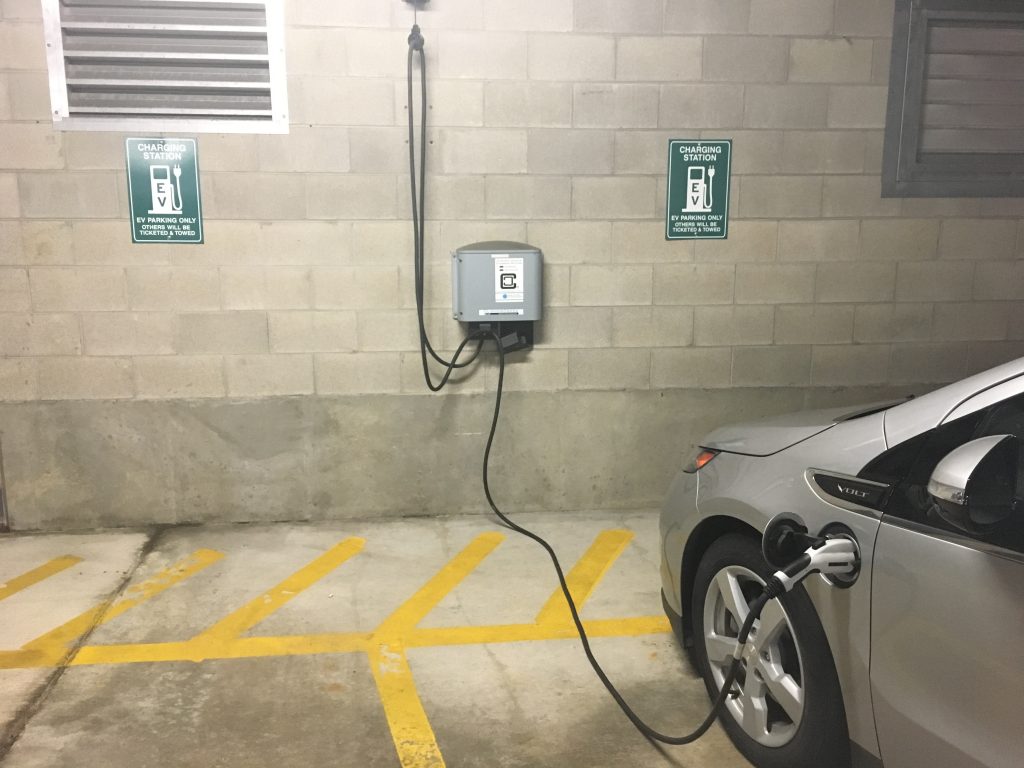MichMash: What is the future of Michigan’s right-to-work law after Dems control Lansing?
MichMash host Cheyna Roth reunites with former co-host Jake Neher to discuss a possible right-to-work repeal, future of EVs and more.

The United States will have to significantly grow its infrastructure for electric vehicles to keep up with the electrification goals touted by major automakers.
Michigan adopted a right-to-work law in 2012, which critics say weakened unions in the state. Now that Michigan Democrats control the House, Senate and governor’s seat after November’s midterm elections, the law could be repealed in 2023.
In this episode:
- Jake Neher from Automotive News (and former MichMash co-host!) returns
- Possibility of ‘Right-to-work’ repeal in 2023
- What Inflation Reduction Act and CHIPS Act could mean for Michiganders in 2023
Subscribe to MichMash on Apple Podcasts, Spotify, NPR.org or wherever you get your podcasts.
Right to work repeal on the horizon?
Next year, Democrats in Michigan take control of the House, Senate and governor’s office. The right-to-work law enacted in 2012 has caused a significant decline in union membership in the state.
If the Democrats in Michigan do in fact repeal the law, unions would be strengthened, but will lawmakers put this at the top of the agenda, and if they do, can they get it passed?
Big policy changes for big auto
2022 was a big year for automakers in the United States. The passing of the Inflation Reduction Act (IRA) and the CHIPS Act will both be incredibly consequential for Michigan, core of the country’s auto industry.
Electric vehicles and battery production are going to move the needle in Michigan’s economy, both near and long term, but car dealerships will need to prepare for significant up-front costs and investments if they’re going to get a piece of the pie.
More from MichMash:
